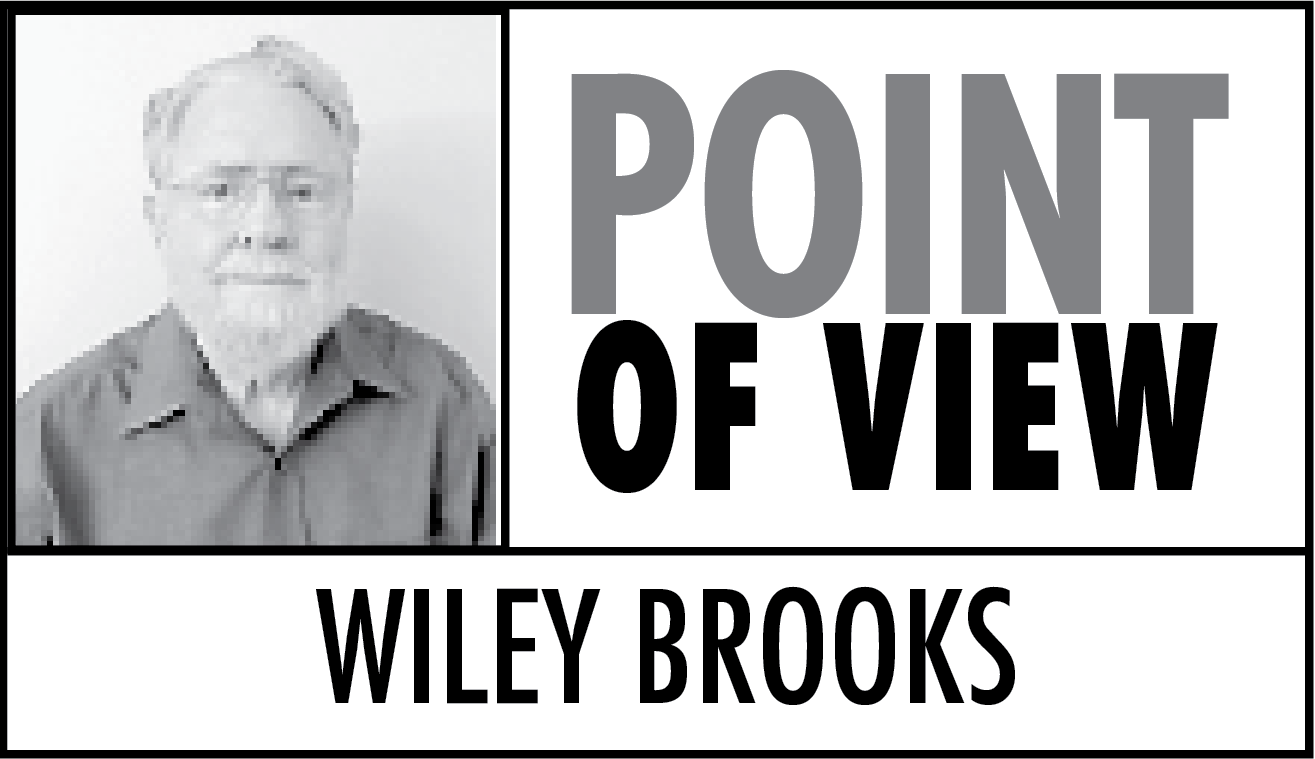Arecent headline for a Homer News letter to the editor caught my attention — “National sales tax wrong for Alaska.” The author was Mike Wenstrup, chair, Alaska Democratic Party. His purpose was to counter Mead Treadwell’s endorsement of a national sales tax which is known as the FairTax. To be expected, Mr. Wenstrup ignored some very important truths.
To make his case, Mr. Wenstrup charged a 30 percent sales tax would be added to existing prices. Not true for several reasons — the first is that the FairTax applies only to new goods and services. Goods are taxed only once under the FairTax® so there’s no tax on used goods.
The 30 percent number is deceptive if your objective is to score the FairTax against the Income Tax. The 23 percent FairTax rate is calculated the same as the marginal tax rates found in the IRS Form 1040 instruction tables. It’s called the tax “inclusive rate.” The 23 percent rate is included in the shelf price. If you buy a $1 pencil, 23 cents goes to the feds and the merchant retains 77 cents (.23 divided by 1 =23 percent). State and local governments use the tax “exclusive rate.” Using the exclusive rate method one would divide the 23 cents by 77 cents and get 30 percent. Mr. Wenstrup likes that method. FairTaxers say take your choice, you are better off with the FairTax using either method.
Everything we purchase has embedded in the price an amount resulting from administering the extremely complex and burdensome income tax system. Dr. Karen Walby, PhD, estimates that 12.5 percent of the production costs of United States-produced goods are accounted for by corporate income taxes, the employer’s portion of payroll taxes and the enormous compliance costs. When this 12.5 percent is eliminated, U.S. producers can lower their prices to consumers by that amount and still realize roughly the same profit margin. Since foreign produced goods would not benefit from the elimination of the current U.S. tax system, foreign products would increase in after-tax sales price by roughly the full amount of the new sales tax — call it 23 percent or 30 percent as you will.
Every economic study that has been performed on the FairTax shows the U.S. economy growing at a faster rate and unemployment being significantly reduced. This is quite possibly the FairTax’s biggest economic benefit. It increases the demand for U.S.-produced goods around the world while eliminating taxes on U.S. production. The economic impact of shifting the purchasing decisions of billions of consumers would increase availability of trillions of dollars in fresh new capital.
What about those higher prices? Let’s examine how the FairTax would really affect rural Alaskans, in fact all Alaskans. First, they will no longer be subject to payroll taxes, a total of 7.70 percent. If their annual income exceeds $10,000 or more, they will no longer have to pay a 15 percent marginal income tax. So they could realize about a 23 percent pay raise. An employer will no longer have to pay the 6.25 percent FICA share so they could choose to give the employee 6.25 percent pay raise. So, the employee could even experience about a 30 percent increase in take-home pay.
Mr. Wenstrup also neglected to mention the Family Tax Refund Allowance called a “prebate.” The prebate is dispersed at the beginning of each month to ensure no American pays federal taxes on spending up to the poverty level so family members can buy basic essentials free of tax. The amount is determined by the number of persons in the household. For example: The monthly rebate for an Alaskan family of four is $754. A family of 4 could spend up to $39,320 annually without paying a penny in federal taxes. An added benefit for Alaskans — no federal taxes due on their PFD.
The 21st century has been called the globalization century by astute observers of world-wide economic trends. The increased level of global competition that we see is a harbinger of things to come. If we continue to cling to an outmoded and inefficient mechanism for collecting the taxes for government needs, the further behind we fall in global competition.
The Democratic Party has a distinguished history as the champion of working folks. The FairTax is a non-partisan proposal, developed by surveying the American people across the political spectrum to find out what they want in a tax system. FairTaxers welcome Democrats to the movement to modernize our tax system and ensure that we do everything in our power to ensure that the United States of America competes globally in the 21st century and remains the land of freedom and economic opportunity.
And remember the most important benefit. It’s called freedom, a benefit that cannot be scored, and a benefit that millions of patriots have paid a high price.
Wiley Brooks is the Alaska state director for the Americans for Fair Taxation. He lives in Anchorage and retired as a lieutenant colonel in the U.S. Air Force.


